The Grow Garden at GIVE - 2022 Grant Recipient
This alternative school in Georgia is using its garden to teach kids in all new ways.
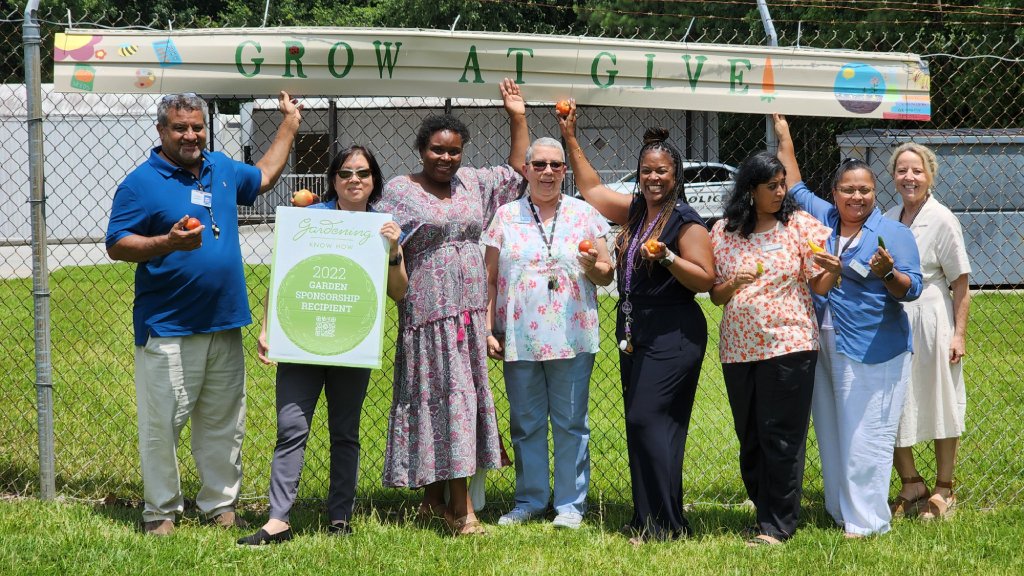

NORCROSS, GA - When students in Norcross GA struggle to succeed in traditional classrooms, they are often referred to the GIVE Center’s alternative school where they learn how to improve their academic and social skills.
Shlawnda Calhoun is an English teacher here who has also taken on the lead role for the school’s garden, having secured initial funding from the Whole Kids Foundation. She knows that participating in a garden environment teaches these children leadership, resilience and perseverance skills. Additional practical gardening skills are woven into the curriculum, such as designing new garden boxes in geometry classes. This year, the Grow at GIVE leadership team will also try to make learning and gardening more engaging by teaching chemistry, biology, and physical science concepts by allowing students to participate in activities like the Ice STEAM Social and using ingredients from the garden to create pizzas decorated to look like models of cells.
The Grow Garden at GIVE
The first garden boxes for the school were built by the assistant principal and his father. While there were some initial concerns about people being reluctant to volunteer at a school like this, the community came together with optimism and enthusiasm, and the garden project became a large community event.
Last winter was devastating for the GROW garden. Shlawnda says, “... winter was brutal. Jack Frost went beyond his usual mischief, causing outright mayhem and turning our garden boxes into coffins. We mourned the collards that never made it to our students’ plates and resolved to raise funds to shore up our defenses in the future.”
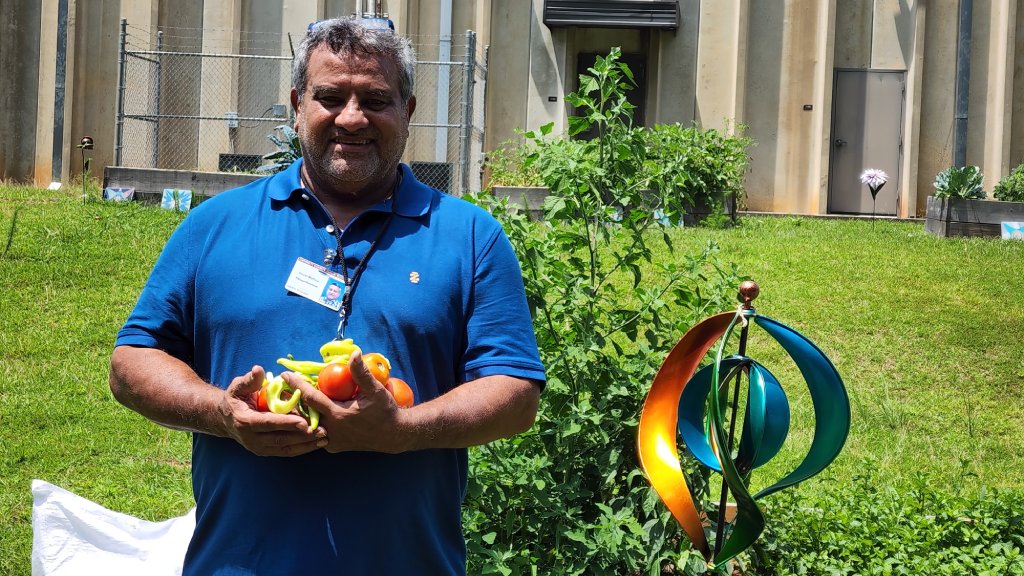
The students subsequently engaged in an “impassioned” debate about genetically modified crops and how organic foods are not always readily available.
With a helpful donation from a local law firm and a grant from Gardening Know How, we are happy to report that the GROW garden has now recovered, with summer crops of strawberries, eggplant, bell peppers, banana peppers, jalapenos, different varieties of tomatoes, lettuce, kale, spinach, mint, and basil. They are hoping to increase their yield by raising money for additional garden boxes and the installation of a pollinator garden so that subsequent harvests will be enough to help sustain students’ families. This new funding has helped not only to save the garden, but lends to the credibility of the project in the eyes of the community at a school that often isn’t recognized for the help and support they provide for students in the margins.
GIVE Alternative School
When students are expelled from mainstream school in this region, they come to the GIVE Center’s alternative school for certain periods of time, often for one semester or for an entire school year. Here they improve their intrapersonal and interpersonal skills so they can return to their regular schools in better standing academically and otherwise.
Gardening tips, videos, info and more delivered right to your inbox!
Sign up for the Gardening Know How newsletter today and receive a free copy of our e-book "How to Grow Delicious Tomatoes".
There’s a low student to teacher ratio here. These kids are often struggling and need individual attention and support. Each student is on his or her own track, and those who return to their regular schools do so with a fresh start. Shlawnda notes that some don’t make a mad dash to the door when their tenure ends. In fact, the structure, academic interventions and social emotional learning has inspired many parents to enroll their children voluntarily, even if the child is not considered to be at-risk.
Our kids are wonderful... They are not this brooding and menacing bunch. They are young people in need of guidance and support and are ever evolving.
Shlawnda Calhoun
Most of the school’s students are from marginalized communities. In plenty of ways, Shlawnda feels they are typical adolescents, ”...sensitive, confused, and self-conscious youth masking their insecurities with bravado or counterfeit confidence." Some have stumbled crossing the bridge from childhood to adulthood, losing their footing because they are carrying the weight of extreme trauma. A disproportionate number of them have disabilities. Some are working to embrace the opportunities of a new world. All have made mistakes, some have skill deficits, but “we often see glints of genius.”
One student suggested that planting ginger alongside garden plants would ward off pests since ginger is a natural pesticide. That is a hypothesis that they will have to test with the planting of their autumn garden. They don't yet have a compost bin and have been alternately using grass and leaves for mulch.
Funding and Support
Because of the alternative nature of their program, the school is at a disadvantage: they do not have a PTA, booster clubs, school partners or other traditional support mechanisms. However, the Gardens for Growing Community has allowed them to borrow equipment and provided additional outlets for these students to experience urban gardening.
The school is considered a “school of opportunity, and their motto is “whatever it takes.” Shlawnda says they literally do everything within their power to help their students thrive and flourish. "Our kids are wonderful. They are not dangerous. They are not delinquents. They are not pariahs. They are not this brooding and menacing bunch. They are young people in need of guidance and support and are ever evolving.”
Want to learn more about the unique programs that have been awarded a Gardening Know How grant? Check out our Community Gardening for Everyone page!
To hear first-hand accounts from the gardeners who are making a difference, make sure to check out our speaker series!

Caroline Bloomfield is Manager of Marketing Communications at Gardening Know How since 2019. A northwest native, she has resided and gardened in multiple zones in the U.S. and is currently at home in Bandon, Oregon. Writing and editing for various publications since 1998, her BA in American Studies from Southern Maine University includes an emphasis in English. She was raised in California by avid gardeners and continues to enjoy the natural world with an appreciation for the concepts of sustainability and organic care for the planet.
-
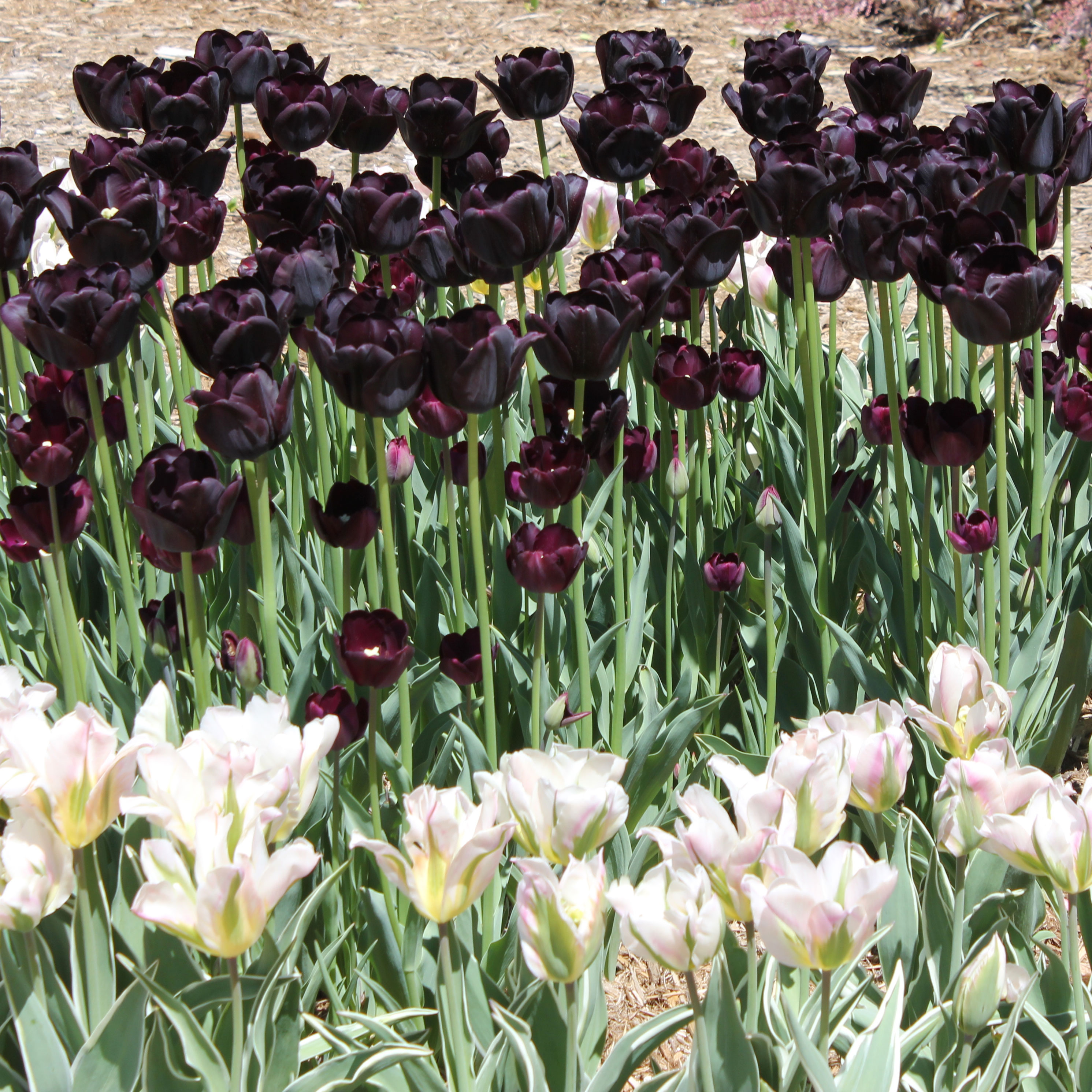 Moody Blooms For Spring: 8 Types Of Black Flowers To Add Drama To Spring Displays
Moody Blooms For Spring: 8 Types Of Black Flowers To Add Drama To Spring DisplaysFrom midnight burgundies to inky violets, several types of black flowers can enrich and embolden a spring display. Try these brooding bloomers for a moody garden
By Tonya Barnett
-
 My Homemade Orchid Fertilizer Always Brings More Blooms – Here's The Easy Recipe That Transforms Plants
My Homemade Orchid Fertilizer Always Brings More Blooms – Here's The Easy Recipe That Transforms PlantsScientist-turned-gardener Mary Ellen Ellis shares her tried-and-tested DIY orchid fertilizer recipe, plus more ingredients to try for healthy, happy plants.
By Mary Ellen Ellis
-
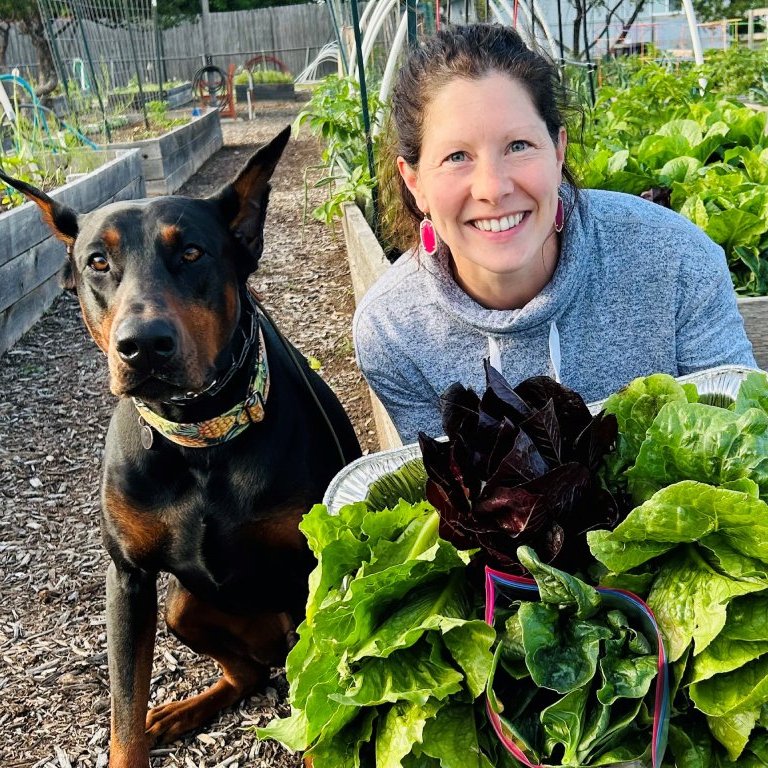 Common Ground Community Garden - 2022 Grant Recipient
Common Ground Community Garden - 2022 Grant RecipientThis Texas community garden has been getting people out of their apartments and into nature for 12 years.
By Caroline Bloomfield
-
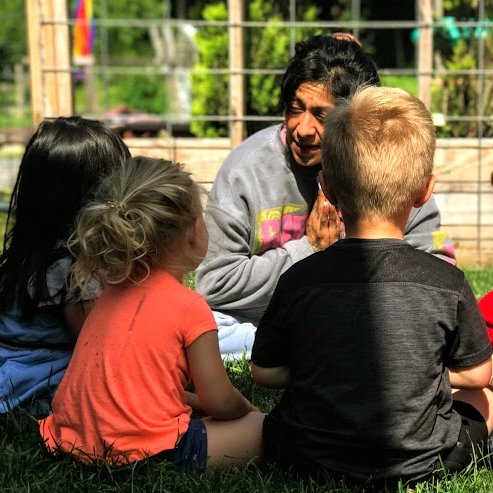 Valley Daycare - 2022 Grant Recipient
Valley Daycare - 2022 Grant RecipientBy Caroline Bloomfield
-
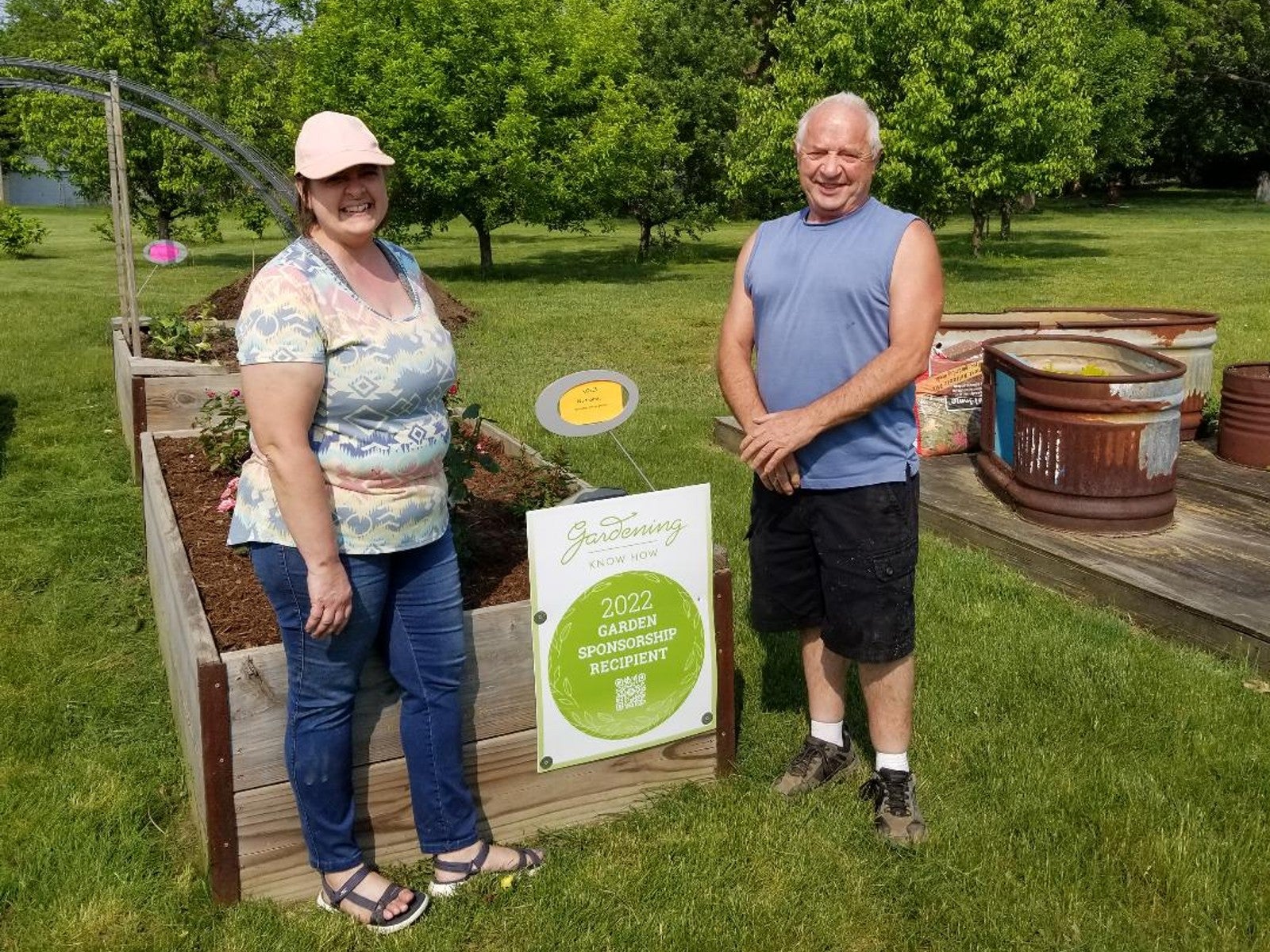 Douglas Discovery Garden – 2022 Grant Recipient
Douglas Discovery Garden – 2022 Grant RecipientBy Caroline Bloomfield
-
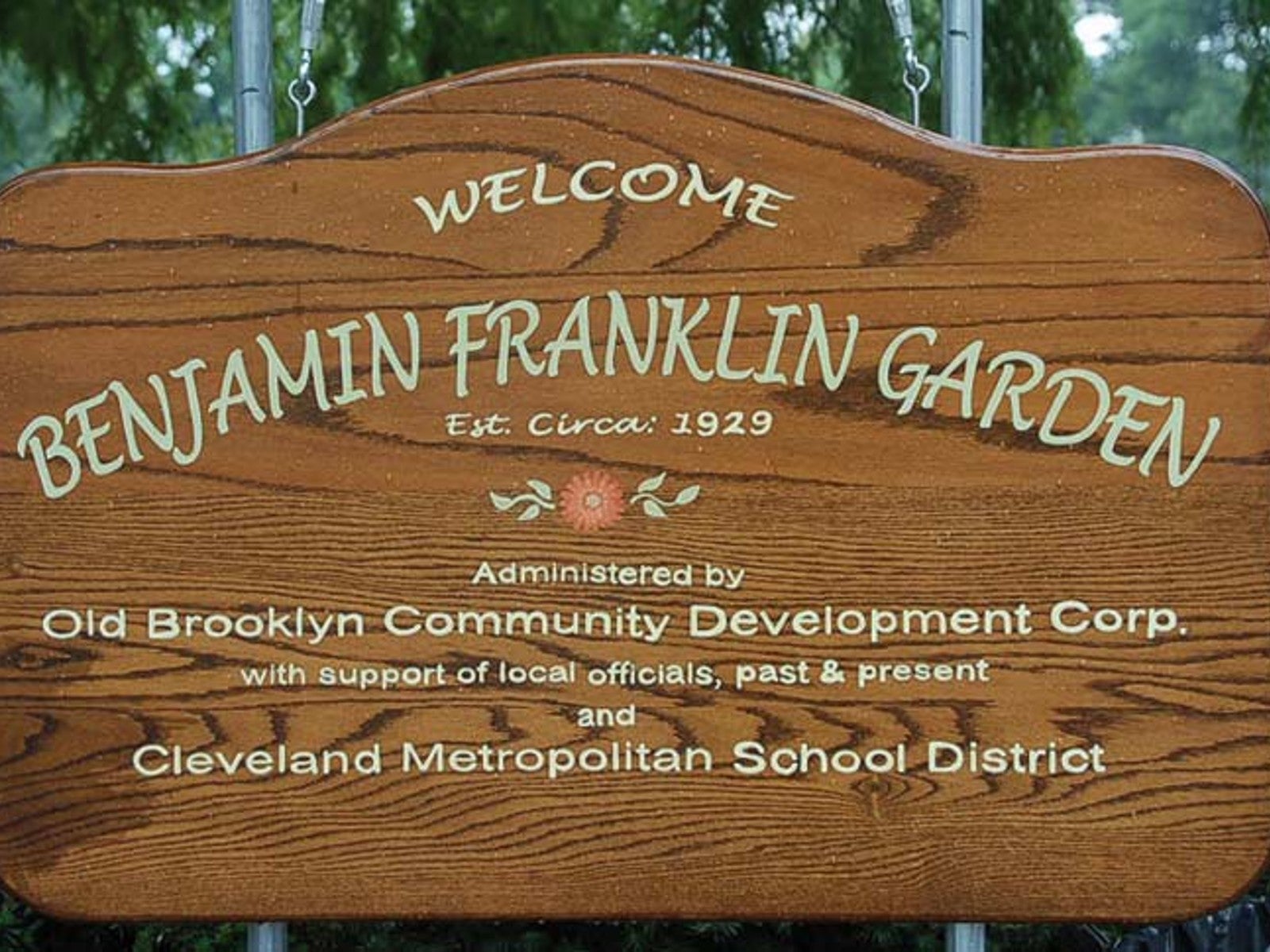 Ben Franklin Elementary School – 2022 Grant Recipient
Ben Franklin Elementary School – 2022 Grant RecipientThis hundred year old garden in Cleveland, Ohio is still going strong with a unique educational program for fourth graders.
By Caroline Bloomfield
-
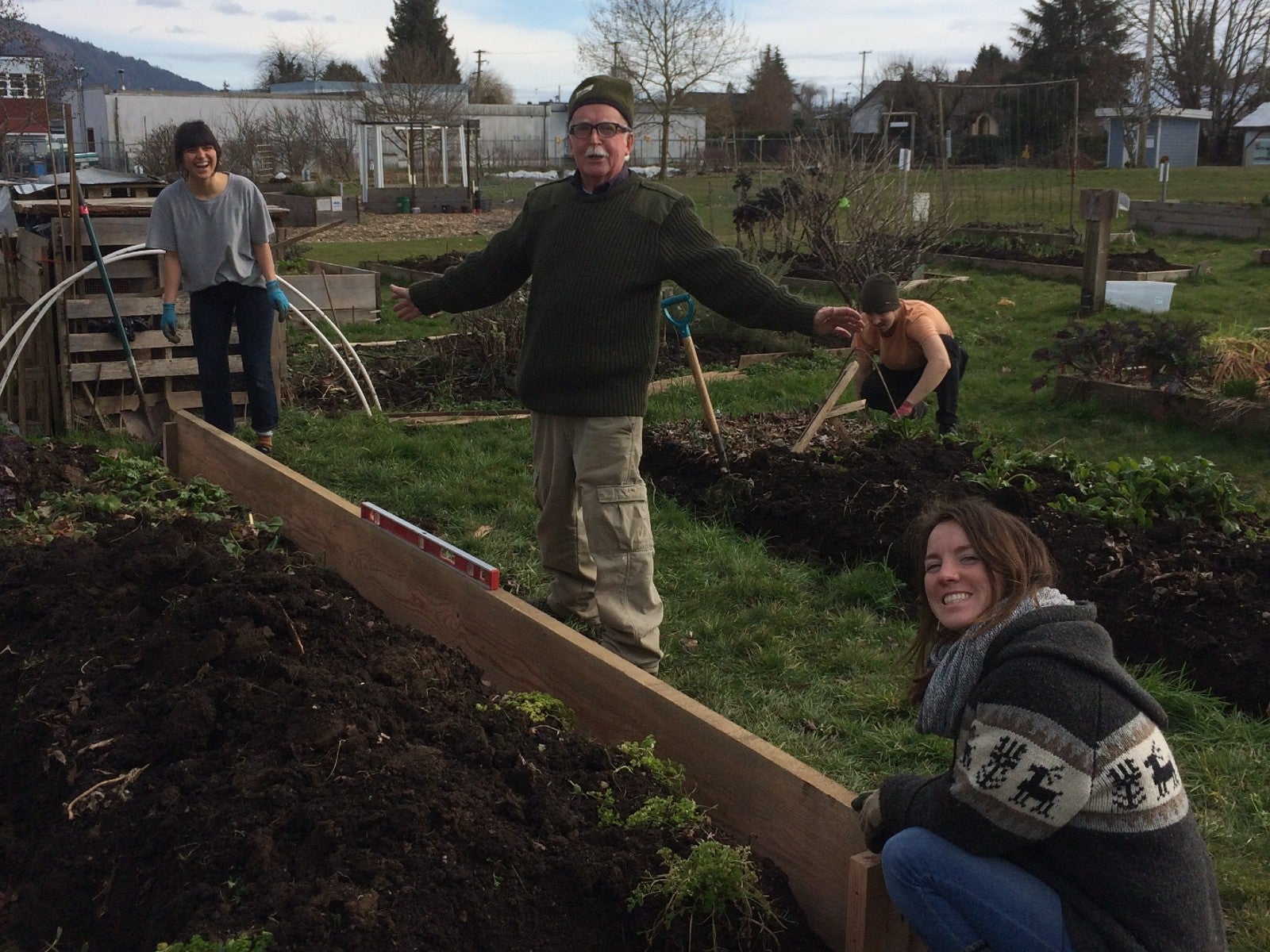 Kin Park Community Garden - 2022 Grant Recipient
Kin Park Community Garden - 2022 Grant RecipientRead about the small town in Vancouver that's bringing its people together with fresh produce and garden plots.
By Caroline Bloomfield
-
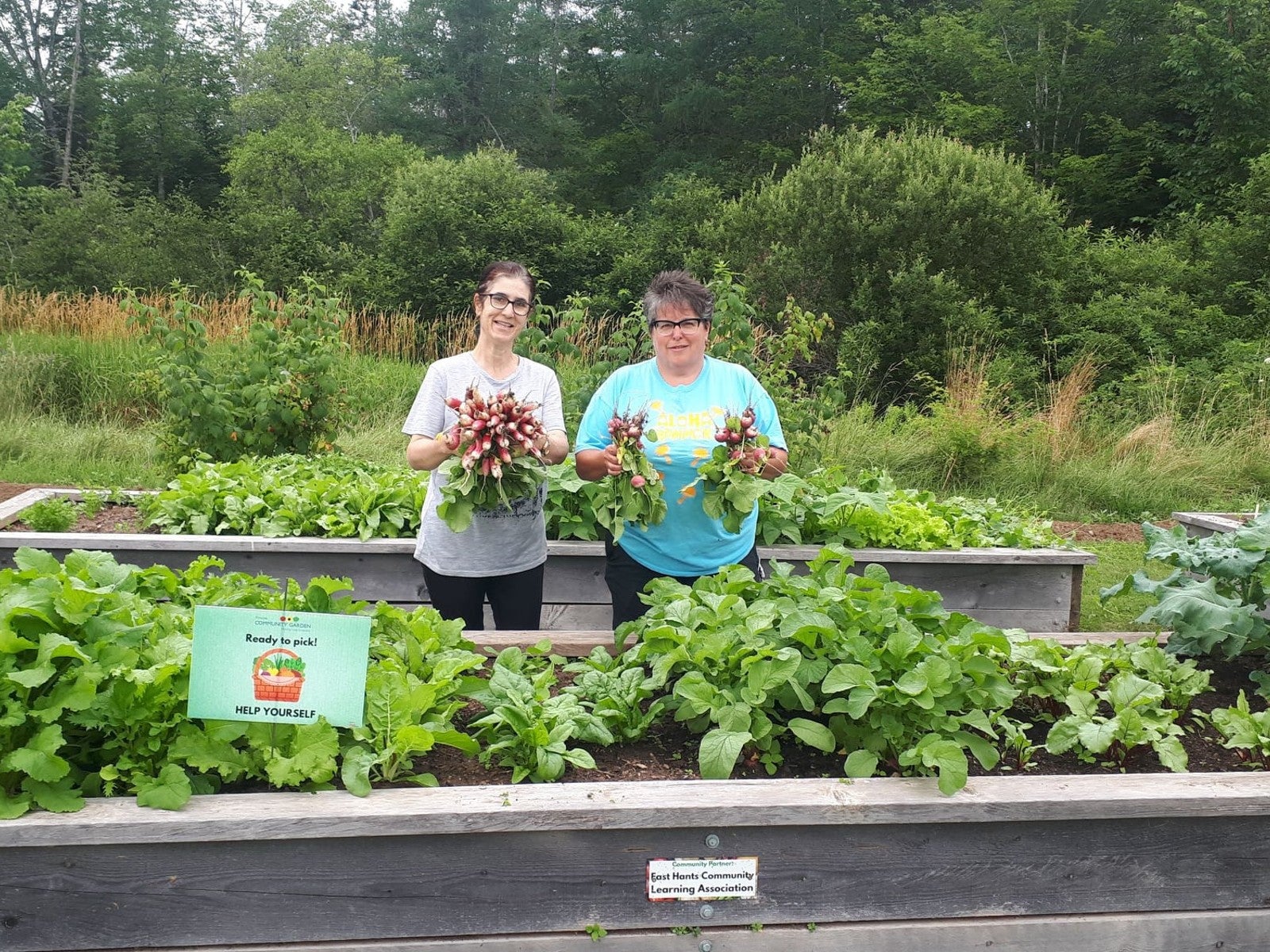 Elmsdale Community Garden – 2022 Grant Recipient
Elmsdale Community Garden – 2022 Grant RecipientThe Elmsdale Community Garden is striving to bring food security to rural Nova Scotia, one garden bed at a time. Read their story here.
By Caroline Bloomfield
-
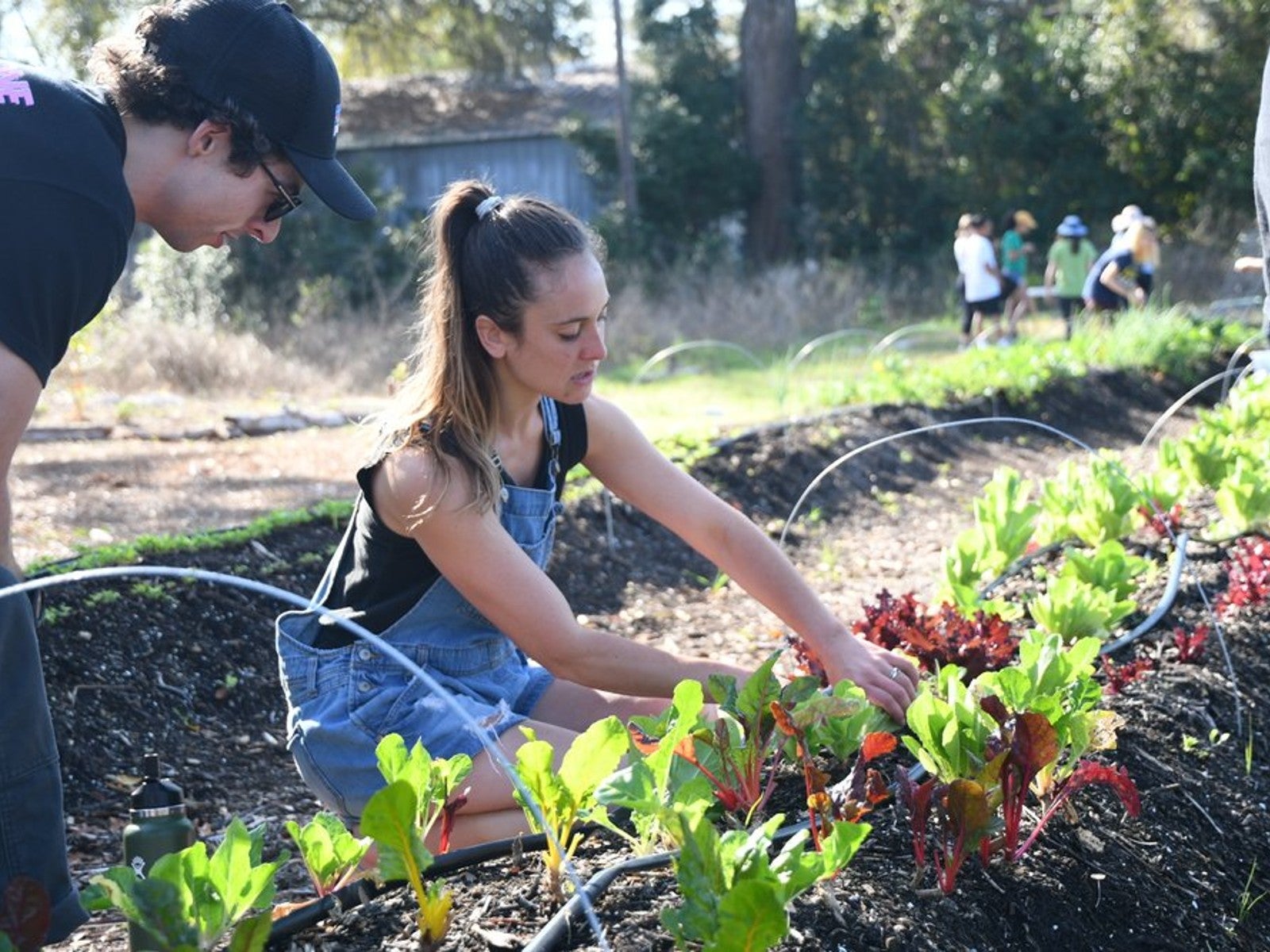 Gainesville Giving Garden - 2022 Grant Recipient
Gainesville Giving Garden - 2022 Grant RecipientThe Gainesville Giving Garden was born from a dream of freedom from food insecurity during the height of covid. Read its story here.
By Caroline Bloomfield
-
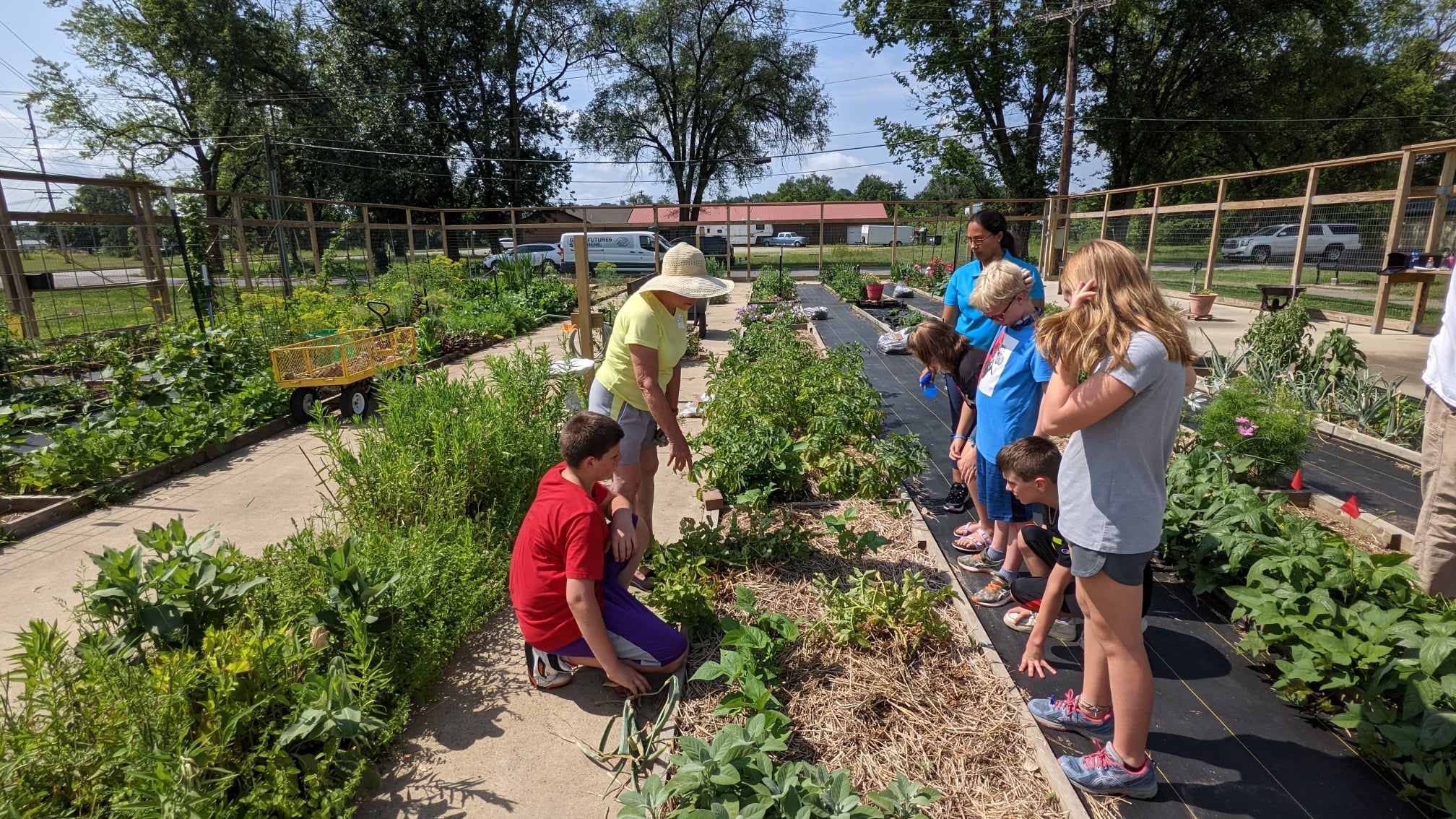 West Plains Community Garden
West Plains Community GardenBy Caroline Bloomfield